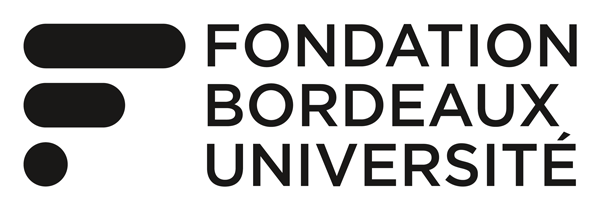Abstract
INTRODUCTION:
The mainstay of management for locally advanced rectal cancer is chemoradiotherapy followed by surgical resection. Following chemoradiotherapy, a complete response may be detected clinically and radiologically (cCR) prior to surgery or pathologically after surgery (pCR). We aim to report the overall complete pathological response (pCR) rate and the reliability of detecting a cCR by conventional pre-operative imaging.
METHODS:
A pre-planned analysis of the European Society of Coloproctology (ESCP) 2017 audit was performed. Patients treated by elective rectal resection were included. A pCR was defined as a ypT0 N0 EMVI negative primary tumour; a partial response represented any regression from baseline staging following chemoradiotherapy. The primary endpoint was the pCR rate. The secondary endpoint was agreement between post-treatment MRI restaging (yMRI) and final pathological staging.
RESULTS:
Of 2572 patients undergoing rectal cancer surgery in 277 participating centres across 44 countries, 673 (26.2%) underwent chemoradiotherapy and surgery. The pCR rate was 10.3% (67/649), with a partial response in 35.9% (233/649) patients. Comparison of AJCC stage determined by post-treatment yMRI with final pathology showed understaging in 13% (55/429) and overstaging in 34% (148/429). Agreement between yMRI and final pathology for T-stage, N-stage, or AJCC status were each graded as ‘fair’ only (n = 429, Kappa 0.25, 0.26 and 0.35 respectively).
CONCLUSION:
The reported pCR rate of 10% highlights the potential for non-operative management in selected cases. The limited strength of agreement between basic conventional post-chemoradiotherapy imaging assessment techniques and pathology suggest alternative markers of response should be considered, in the context of controlled clinical trials.
KEYWORDS:
Rectal surgery; deferral of surgery; neoadjuvant therapy; pathology; radiology; rectal cancer; surgical oncology
